News
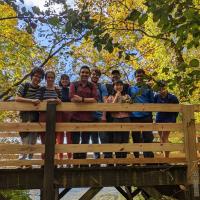
Congratulations to our QBioS award winners for 2023, who were recognized at the Winter Party on December 6! …
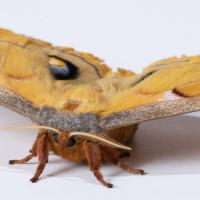
Many insects fly synchronously, matching the nervous system pulses to wing movement. But smaller insects don’t have the mechanics for this and must flap their wings harder, which works only up to a certain point. That’s where asynchronous flight…
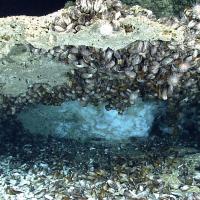
In a groundbreaking study, a team of Georgia Tech researchers has unveiled a remarkable discovery: the identification of novel bacterial proteins that play a vital role in the formation and stability of methane clathrates, which trap…
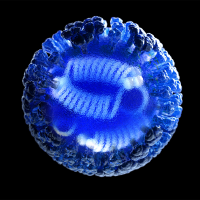
A newly funded research project, going underway at the Georgia Institute of Technology, might one day lead to the development of a pill or capsule able to boost the effectiveness of traditional vaccines against influenza, which kills as many as…

Mechanics and Morphology of Mammalian Climbing with Applications for Conservation
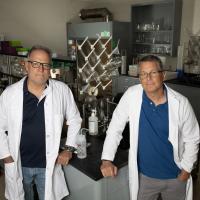
A newly funded research project might one day lead to the development of a pill or capsule able to boost the effectiveness of traditional vaccines against influenza, which kills as many as 52,000 people and leads to hundreds of thousands of…
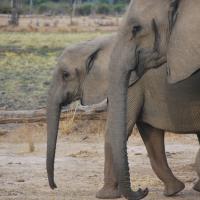
The new research reveals how environmental changes disrupted mammal communities and highlights the urgent need for targeted conservation efforts to protect vulnerable species.

Reexamining Fundamental Assumptions of the Type VI Secretion System
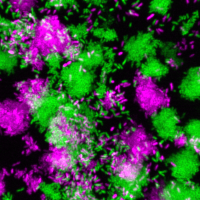
People with weakened immune systems are at constant risk of infection. Pseudomonas aeruginosa, a common environmental bacterium, can colonize different body parts, such as the lungs, leading to persistent, chronic infections that can last…
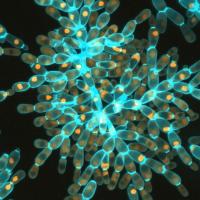
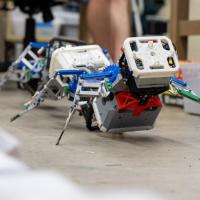
Intrigued to see if the many limbs could be helpful for locomotion in this world, a team of physicists, engineers, and mathematicians at the Georgia Institute of Technology are using this style of movement to their…
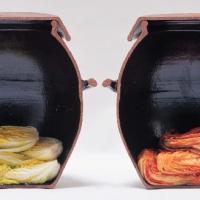
Today, most kimchi is made through mass fermentation in glass, steel, or plastic containers, but it has long been claimed that the highest quality kimchi is fermented in onggi. Kimchi purists now have scientific validation, thanks to recent…

Georgia Tech researchers show that rising temperatures in northern regions may damage peatlands: critical ecosystems for storing carbon from the atmosphere — and could decouple vital processes in microbial support…
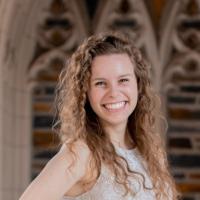
Congratulations to QBioS PhD student, Cassie Shriver, who was named as an NSF Graduate Research Fellowship Program recipient for 2023!

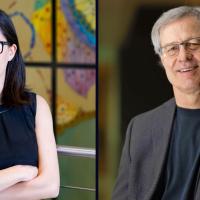
Georgia Tech researchers apply an economics theory to study the building blocks of biological evolution
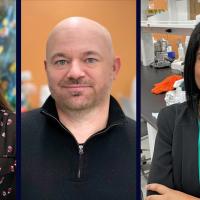
Located in the 18-acre Science Square campus, BioSpark is designed to be a launch pad for high-potential entrepreneurs. It provides a fully equipped and professionally operated wet lab, in addition to a clean room, meeting and office space, five…
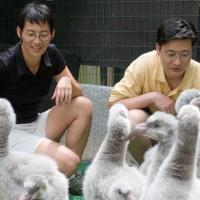
On Saturday, March 11, scientists and engineers will share their biomechanics work with snakes, elephants, monkeys, flamingos, and other wildlife as part of the "Animals in Motion: Biomechanics Day at Zoo Atlanta" during the 2023 Atlanta Science…

